To endure, and then suffer the aftereffects of a sexual offence is one of the most inherently dehumanising, devastating experiences an individual can be subjected to. For those who then decide to undergo the distressing experience of speaking out, why is it that our criminal justice system fails to hear its complainants of sexual violence?
There is no equivocation surrounding the fact that the framework of our justice system is degenerating at an alarming rate. In September 2022, 7,859 sexual offence cases were waiting in the Crown Court backlog. In December 2023, as revealed by Rape Crisis England and Wales, this has inflated to 9,792. A 25% increase and an unprecedented number. As time moves with the inaction of the government and staff responsible for ensuring prosecution, the system only threatens to become completely choked.
This has occurred due to a conjunction of several factors. As Stuart Sutton from Sutton defence lawyers, one of the country’s top defence lawyers in sexual offence cases, explained: “the covid epidemic, lazy police and court staff and on occasions Crown Prosecution staff” are the principal elements.
Whilst the interplay of these factors only becomes more tangled, the impact of disorder is felt in the mental health of complainants. As Baron Helen Newlove, the Victim’s Commissioner for England and Wales recently said, ‘You’ve got victims waiting sometimes six years to go to court. One girl, by the time it got to court it took six years. And she took her own life in the process.’ As a case is adjourned by the Crown Court, complainants are placed in indefinite limbo, adult cases taking an average of two years to see the walls of the court room.
Regrettably, over the last few years court cases have fallen. 67,938 rapes were reported by the police October 2022- September 2023; out of this figure, only 2.4% (1,631) alleged rapes were charged, let alone convicted. A report conducted by academics at Warwick University into the Crown Prosecution Service (CPS), those responsible for dealing with sexual offence cases argued that the CPS is complicit in perpetuating arbitrary rape myths. Such myths that usually orbit around victim blaming have not only poisoned society, but now evidently the foundations of the justice system.
Complainants, specifically teenage complainants and the status of their victim credibility are questioned before their case file is even opened. One prosecutor referenced by Warwick University suggested that teenage girls pressing charges for non-penetrative sexual offences are ‘doing a disservice’ to the more serious cases. An independent Sexual Advisor added that they had heard some specialist rape lawyers express that “loads of them (teenage complainants) are making it up…it’s teenagers being teenagers”.
It is paramount that the government changes its approach to sexual offences. There has been progress – the number of prosecutions for rape cases are now meeting 2016 levels following their calamitous decline 2019-2020.
The Labour leader, Keir Starmer, has promised to make the issue a priority, proposing to have rape courts and specialist rape units within every police force. Rishi Sunak, the current Prime Minister, has affirmed the Conservative pledge to more than double the amount of rape cases reaching court rooms.
Now more than ever, it is vital that the currently precarious system is regarded as an urgent issue, not an inevitable byproduct of the misogyny entrenched in society. Increased financial investment into improving the CPS is vital.
Nevertheless, true progress will not take place in the absence of taking action to prevent such distressing crimes from occurring in the first place. There has been an 81% rise in sexual offences on school property since the pandemic. The threat of rape culture becoming even more prevalent amongst younger generations is a threat that should be acknowledged. Without this, a decreased rate of sexual violence will cease to exist as an attainable reality.
Like all victims of any other offence, sexual offence complainants should feel entitled to access justice. Victims should have faith in the system; the system should have faith in the victim.


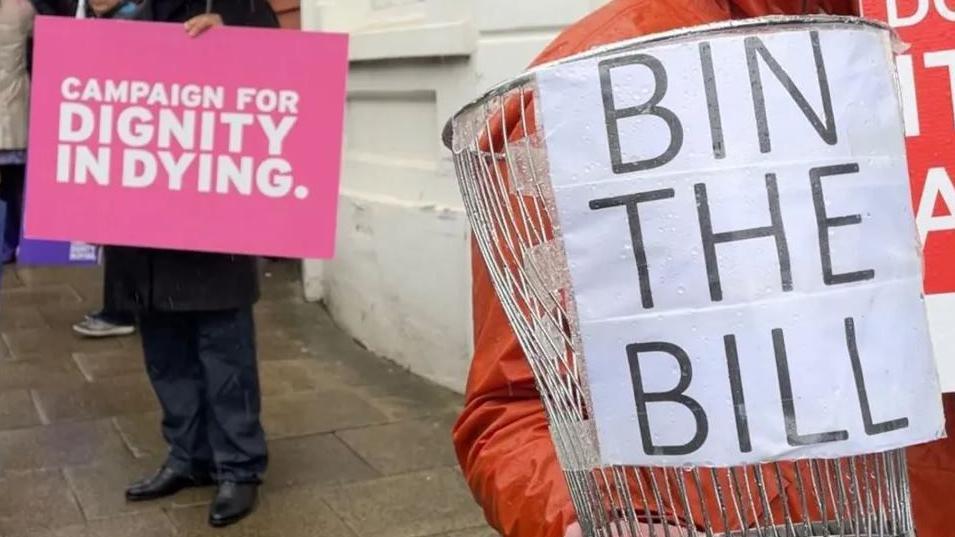
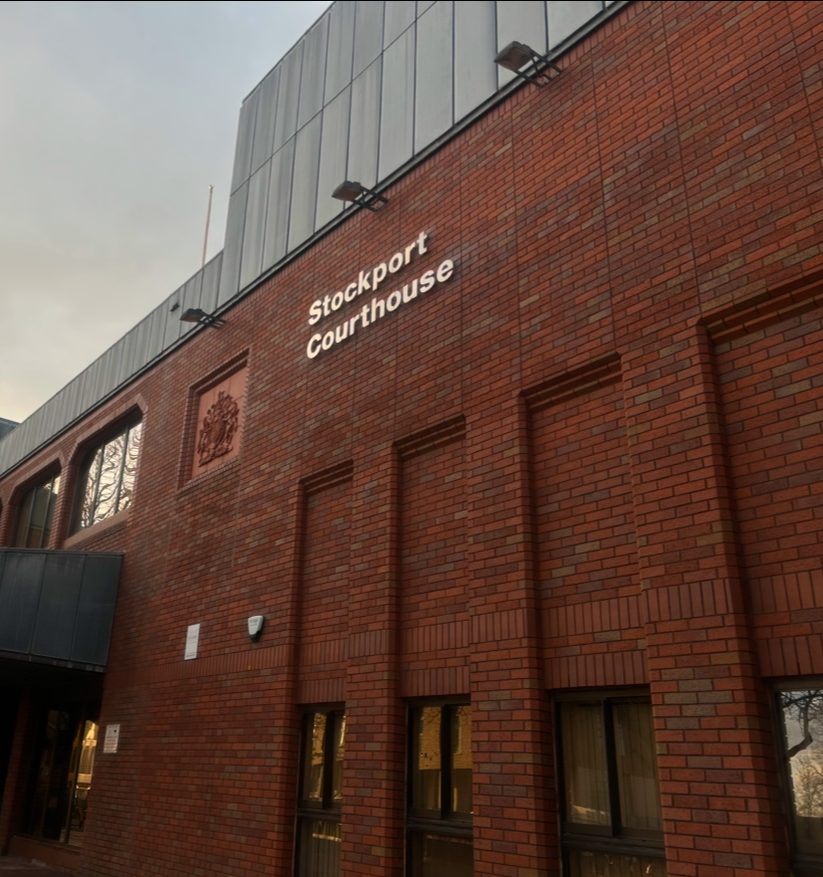
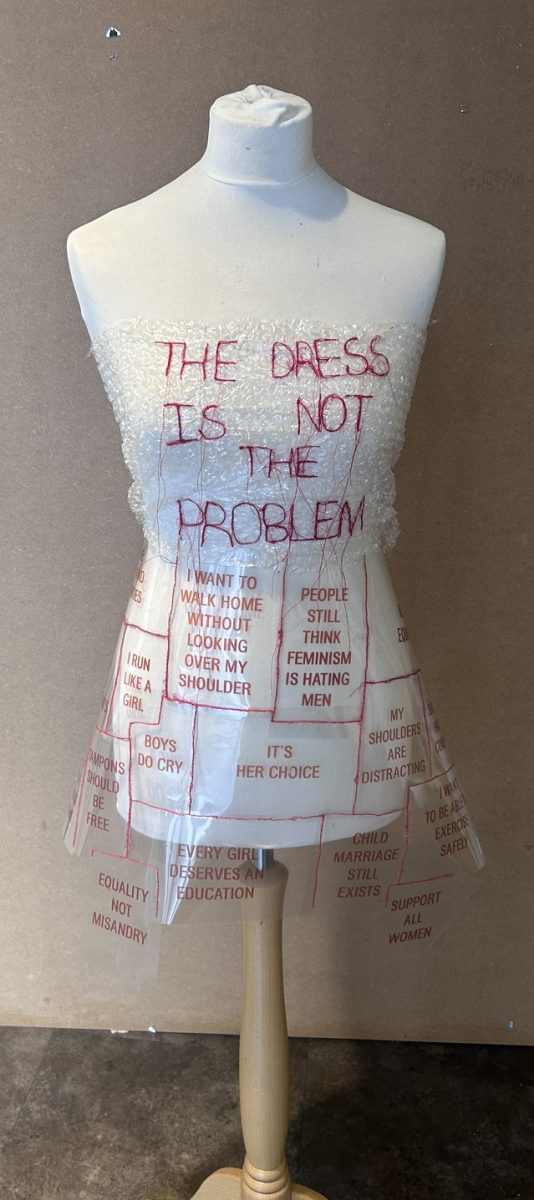






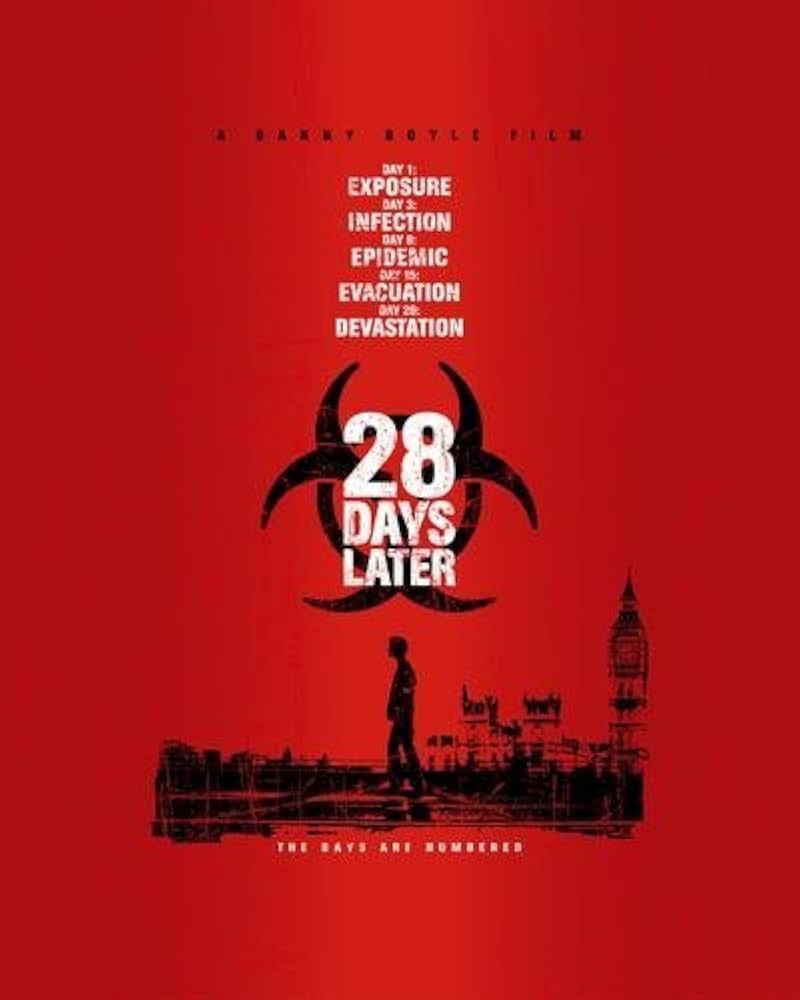
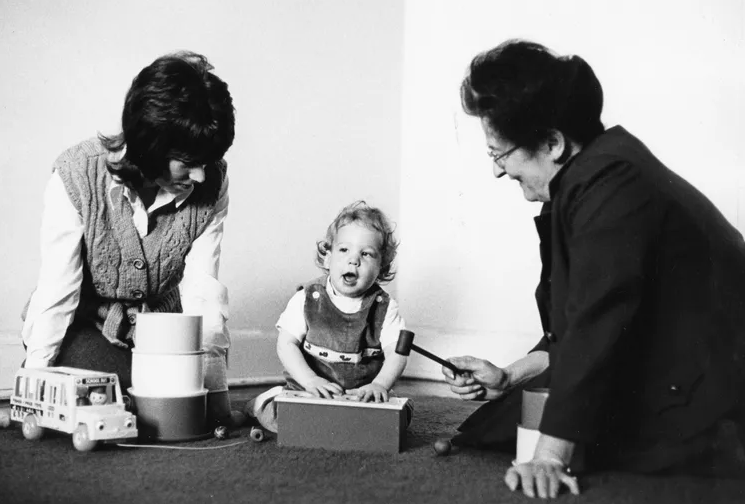


















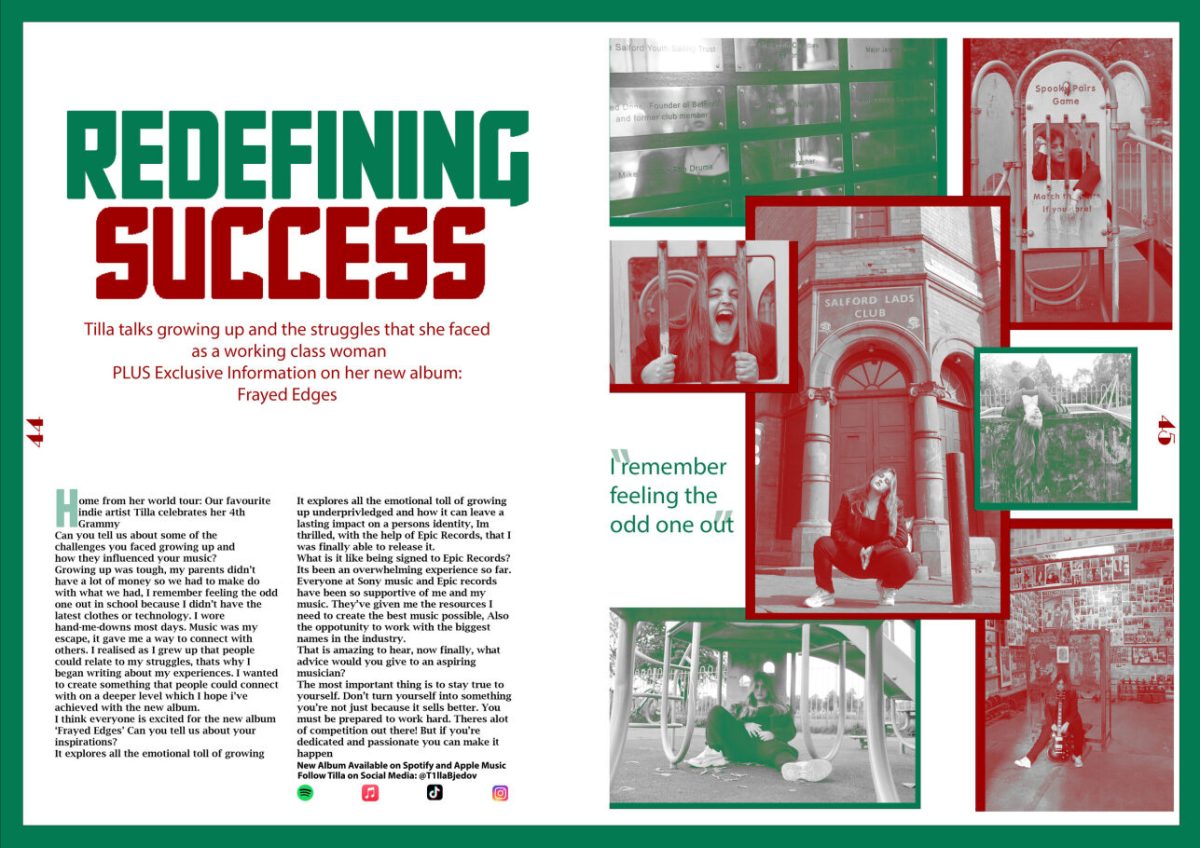







Patricia Aroyewun • Jun 12, 2024 at 7:44 am
Wow, some shocking and sobering statistics there. Absolutely agree that it is an urgent issue.
Jacqui Shirley - Organiser • Jun 6, 2024 at 3:32 am
A well researched, sensitive and hard hitting story, well done